Every little step counts - sustainability in everyday family life
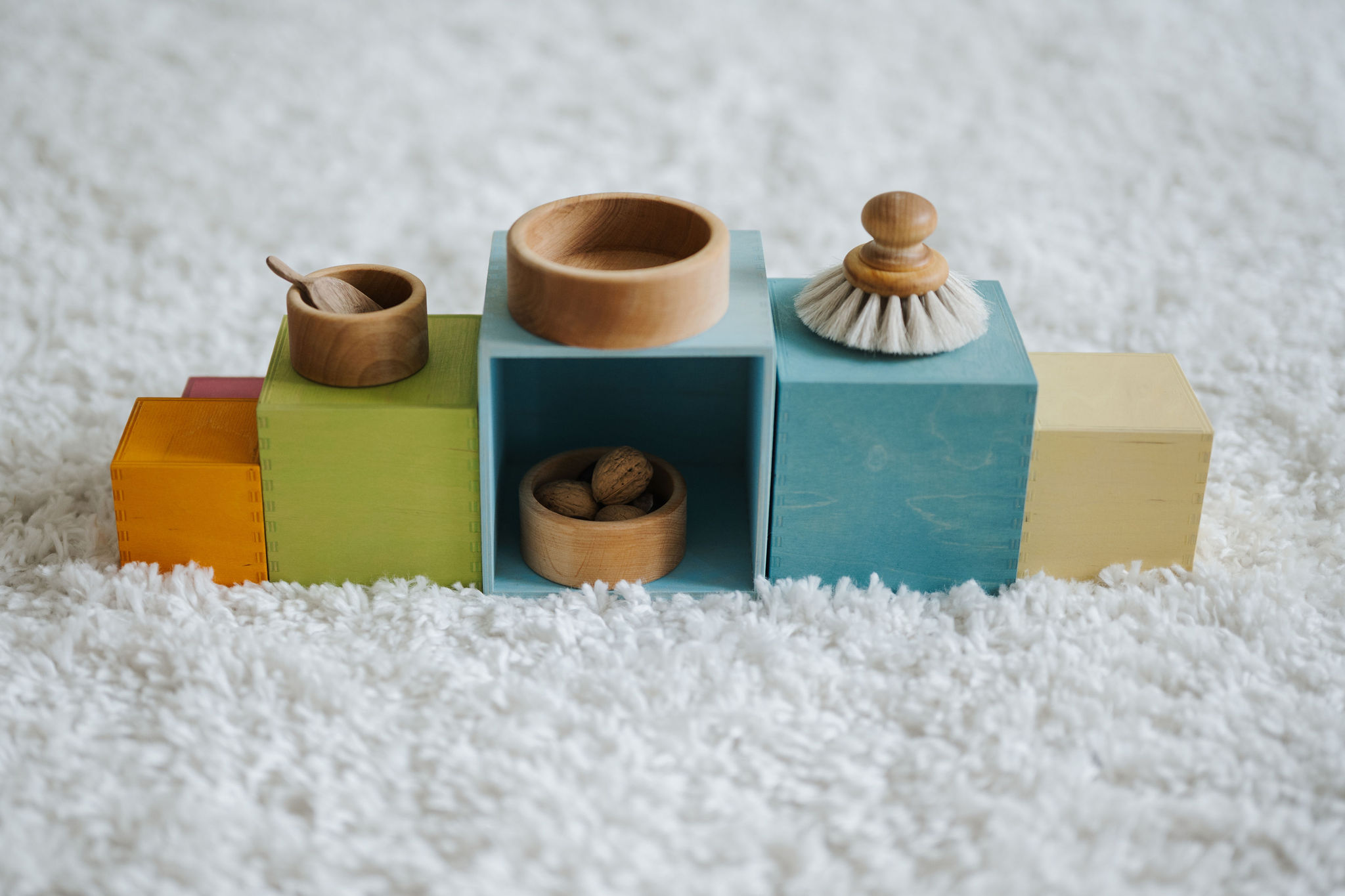
The topic of sustainability is pretty big and can quickly become intimidating. That's why it tends to take a back seat in the turbulent everyday life. It just sounds like a lot of extra work and quite a big responsibility. You could almost think that the little bit you do on your own at home is useless anyway. But that's exactly where a spiral of thought begins that can quickly drive you to despair, but does absolutely nothing for the environment. Of course, it's a big topic and that can be daunting, but once everyone realises what they can achieve, it can be really motivating. Because every step, no matter how small, has great value and counts! As is so often the case, it's the mindset, but that's something you can work on ; )
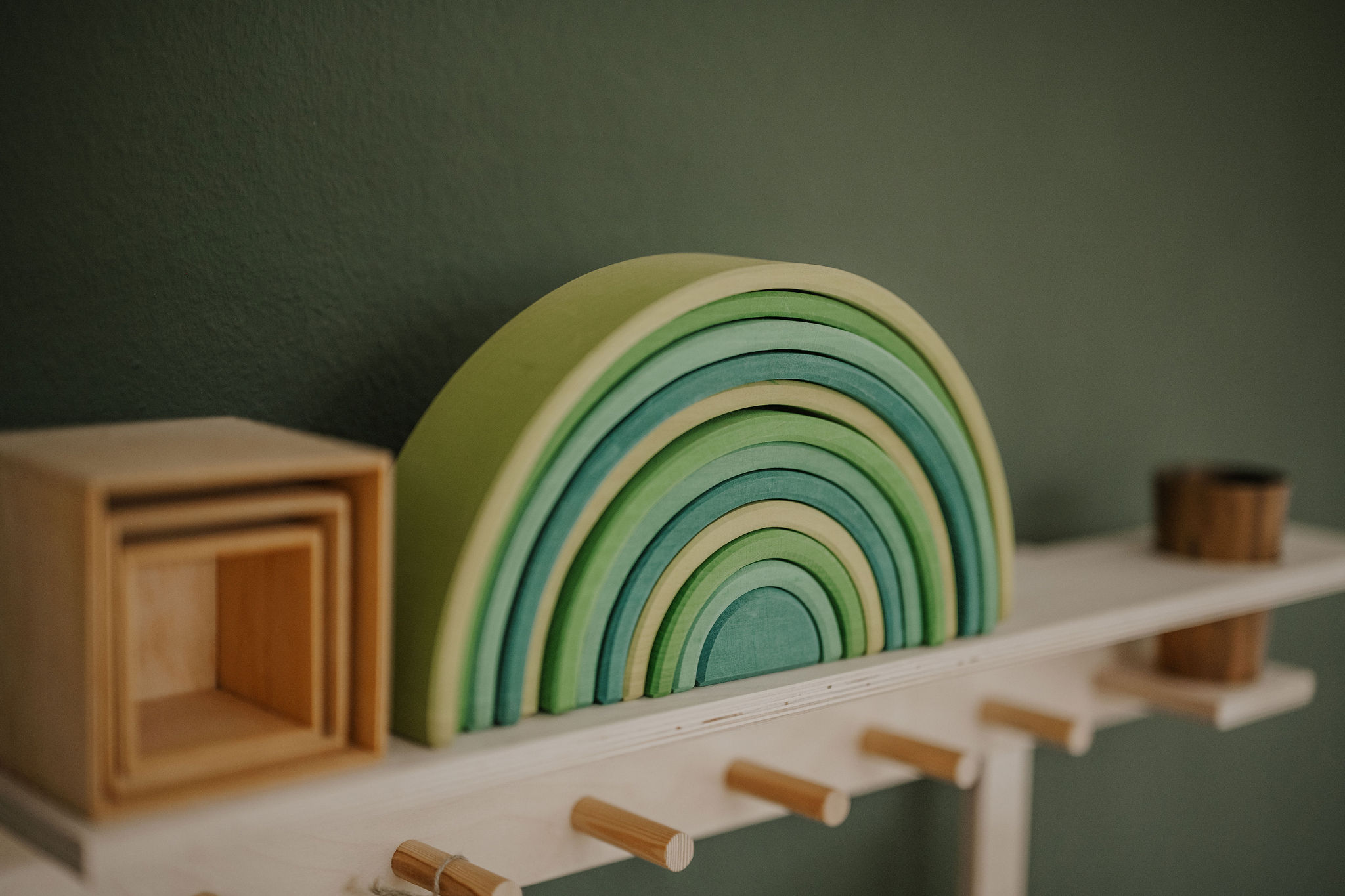
1. Ciao perfectionism
Who hasn't procrastinated on a task because it seemed too big and unsolvable? Firstly, as soon as you start, you realise that the fear of not doing it well enough is much greater than the task itself. And secondly that it simply doesn't have to be perfect, but would rather be done imperfectly than not done at all. Perfectionism therefore tends to hold you back when it comes to sustainability rather than helping you move forward.
2. Not a to-do, but a way of life
Parents' to-do lists are often long and it feels like they are only ever getting longer and never shorter. However, sustainable behaviour is not one of these to-dos and therefore does not make your family life any more complicated, but can even help to make it simpler and more structured. In order to throw away less food with children, for example, it is very helpful for them to put as much food on their plates as they can manage and leave nothing left over. This also teaches them a lot about themselves and how to take responsibility.
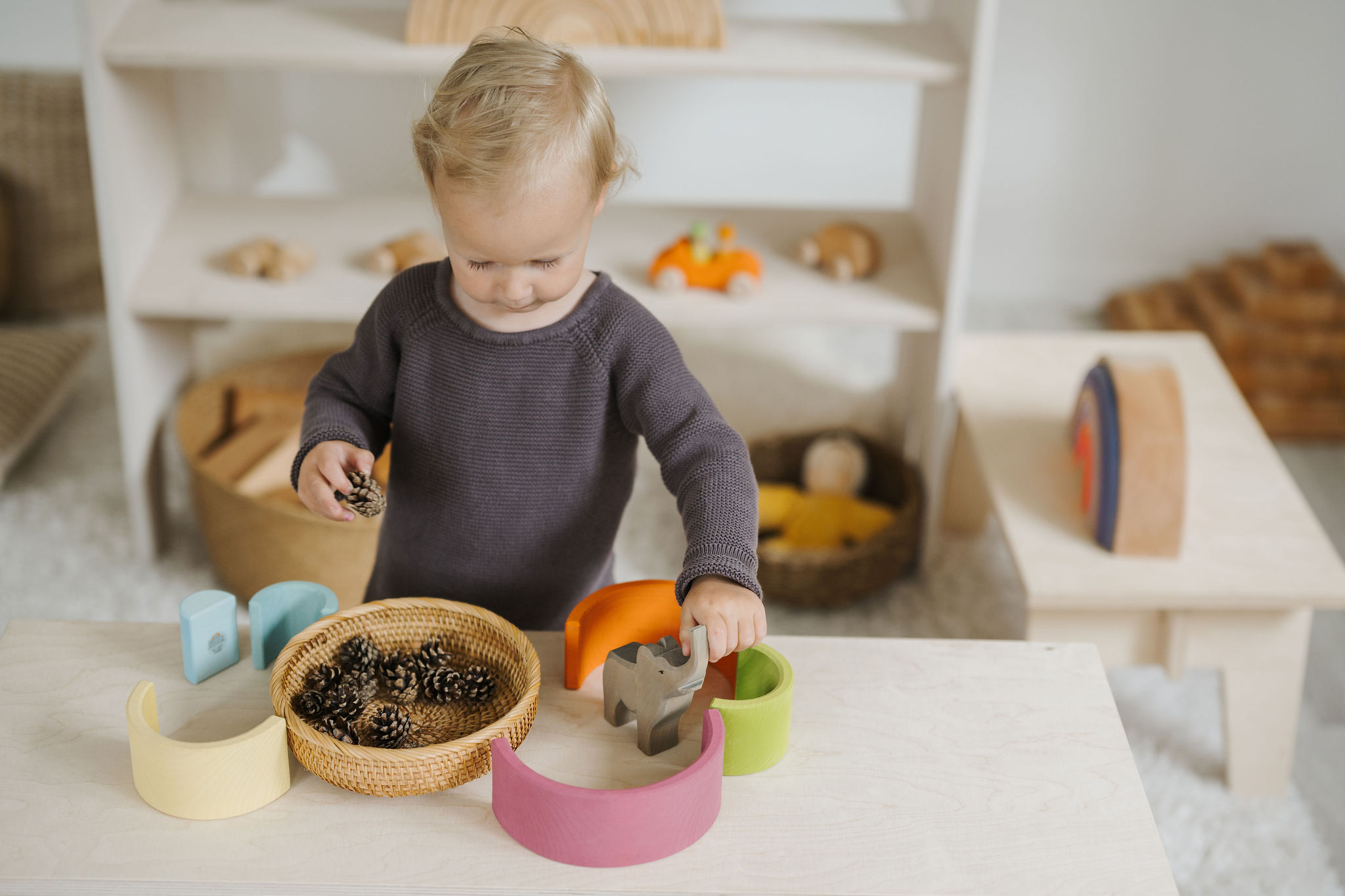
3. Everything comes back to you: Nature as a source of strength
When we deal with sustainability, we do so for ourselves and our environment. For a good life, we also need nature in balance, which is not just ruthlessly exploited, but consciously utilised and appreciated. Give and give is the motto: nature gives and we give to nature, otherwise it won't work. Being aware of our own origins in nature is a good start and consciously connecting with nature again and again can literally ground us humans. Playing in and with nature is also an incredibly valuable experience for children. We can use natural materials wonderfully for playing and crafting, collect and paint stones and sticks, create huge mandalas from leaves and flowers or decorate children's kitchens with walnuts or cones.
4. Living sustainably is not synonymous with sacrifice
Sustainability has been a major topic in the world for some years now. Although the idea and the need for it are not new, the awareness of it in society is. For many, the topic is difficult and equated with a raised finger admonishing us to sacrifice more. But of course, living sustainably is not about sacfrifice, it is much more about creating an awareness of what you have and how you use it. Once you have achieved this awareness, it is usually not necessary to renounce because your intuition will help you to decide which habits you want to keep and how, and which you would like to rethink in order to find more suitable ways for yourself. For example, many items can be repaired rather than thrown away. Play materials can be passed on or swapped and packaging materials can be upcycled and used for handicrafts, for example, if they cannot be dispensed with. This not only encourages creativity, but can also be a lot of fun.
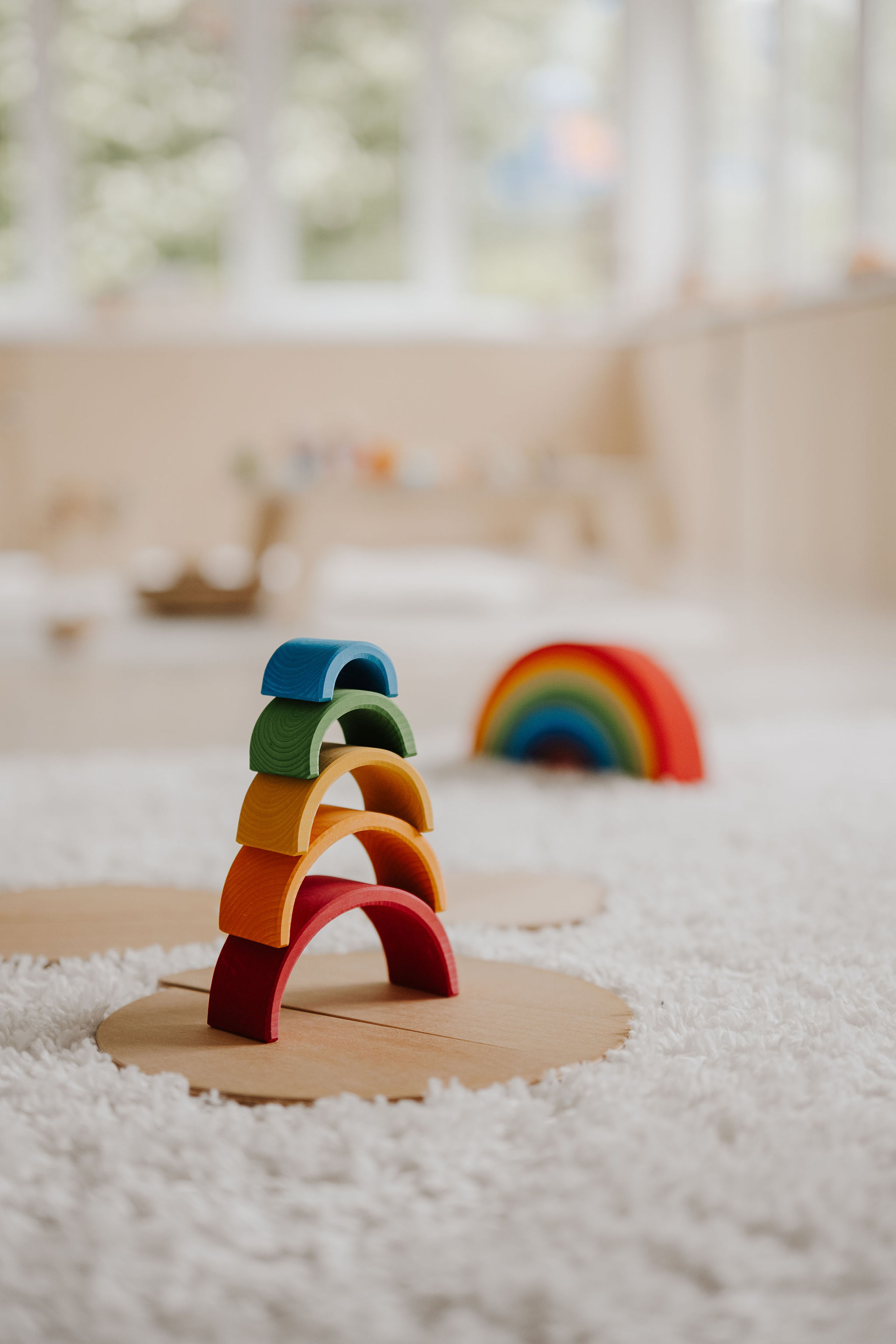
5. Teamwork makes the dream work: Together we are strong
None of us will save the world alone, but together and together with our children, we are pretty strong. Let's see it as a joint project. Our children and their future are not only the best motivation to think about our environment, they are also super easy to inspire to join in. Become a team and walk the path together, that welds us together and helps everyone.
To summarise, we should simply start with what is most feasible for us and best suits our own lives. We should also not try to apply this to all areas of our lives and recognise even small steps. Criticising each other for imperfect actions is best done away with completely, as this only demotivates and, when it comes to children, it is simply a great way to set an example of imperfect but honestly committed sustainable action.

-
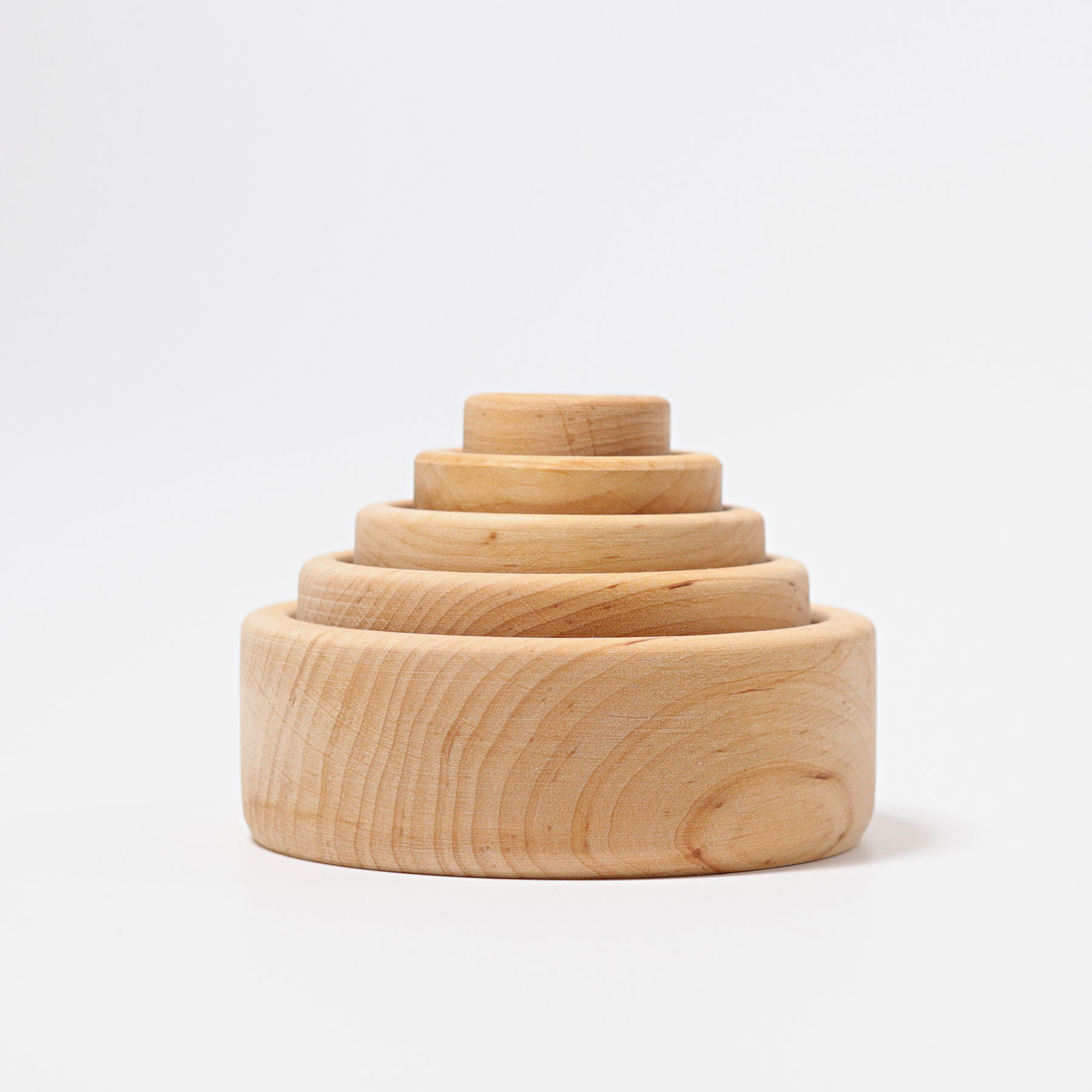 €26.95*
€26.95* -
 €598.00*
€598.00* -
 €390.00*
€390.00* -
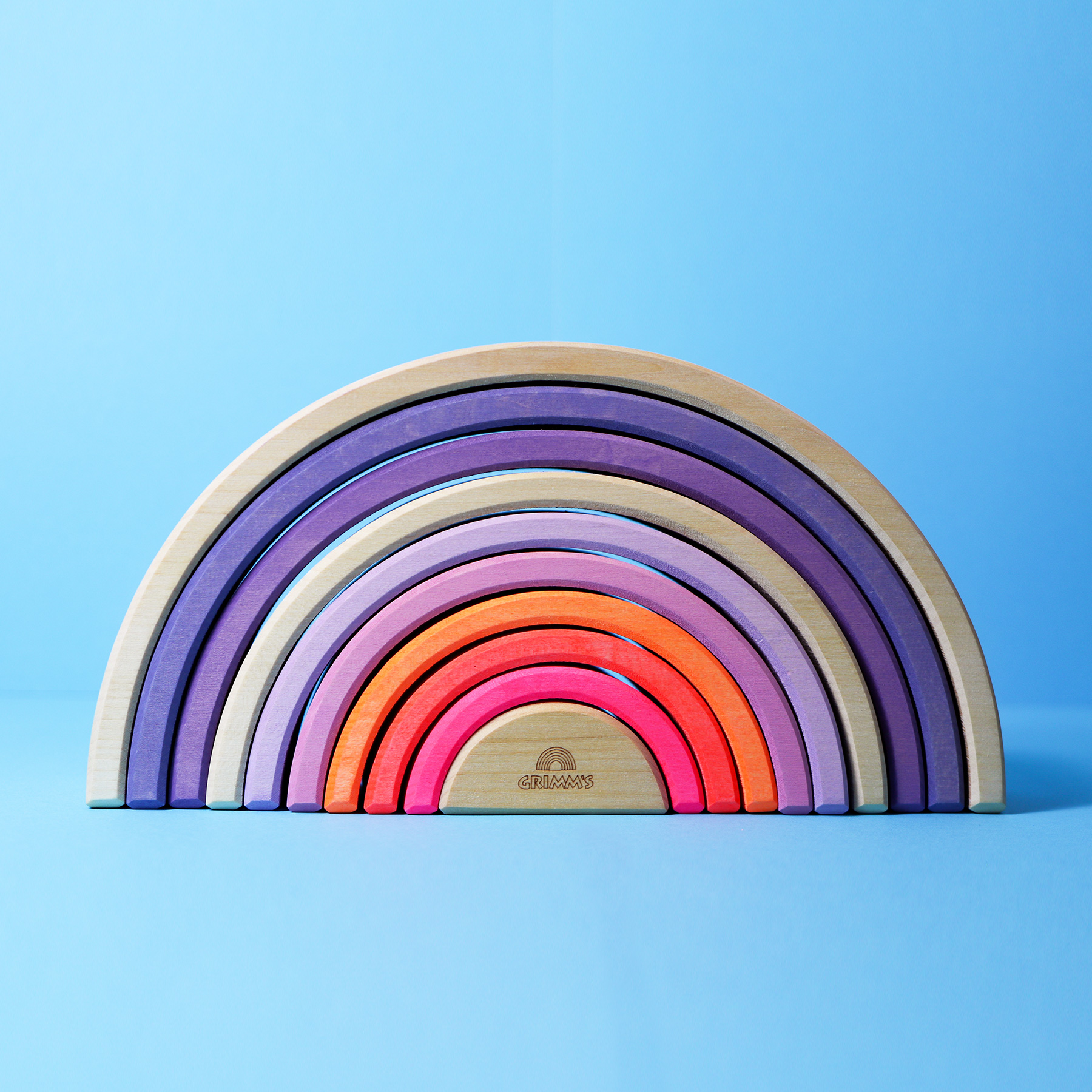 €64.95*
€64.95* -
 €138.00*
€138.00* -
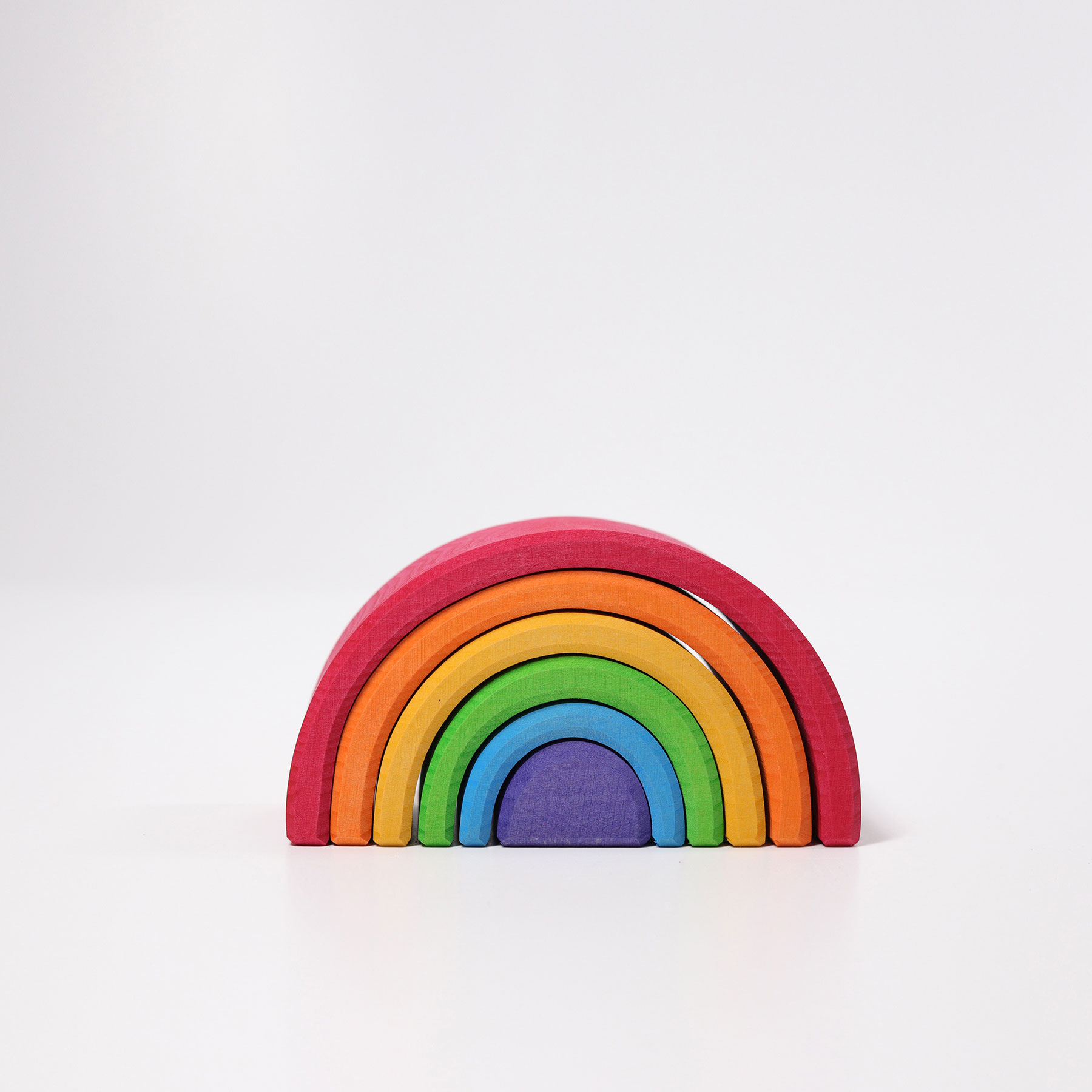 €28.90*
€28.90* -
 €268.00*
€268.00* -
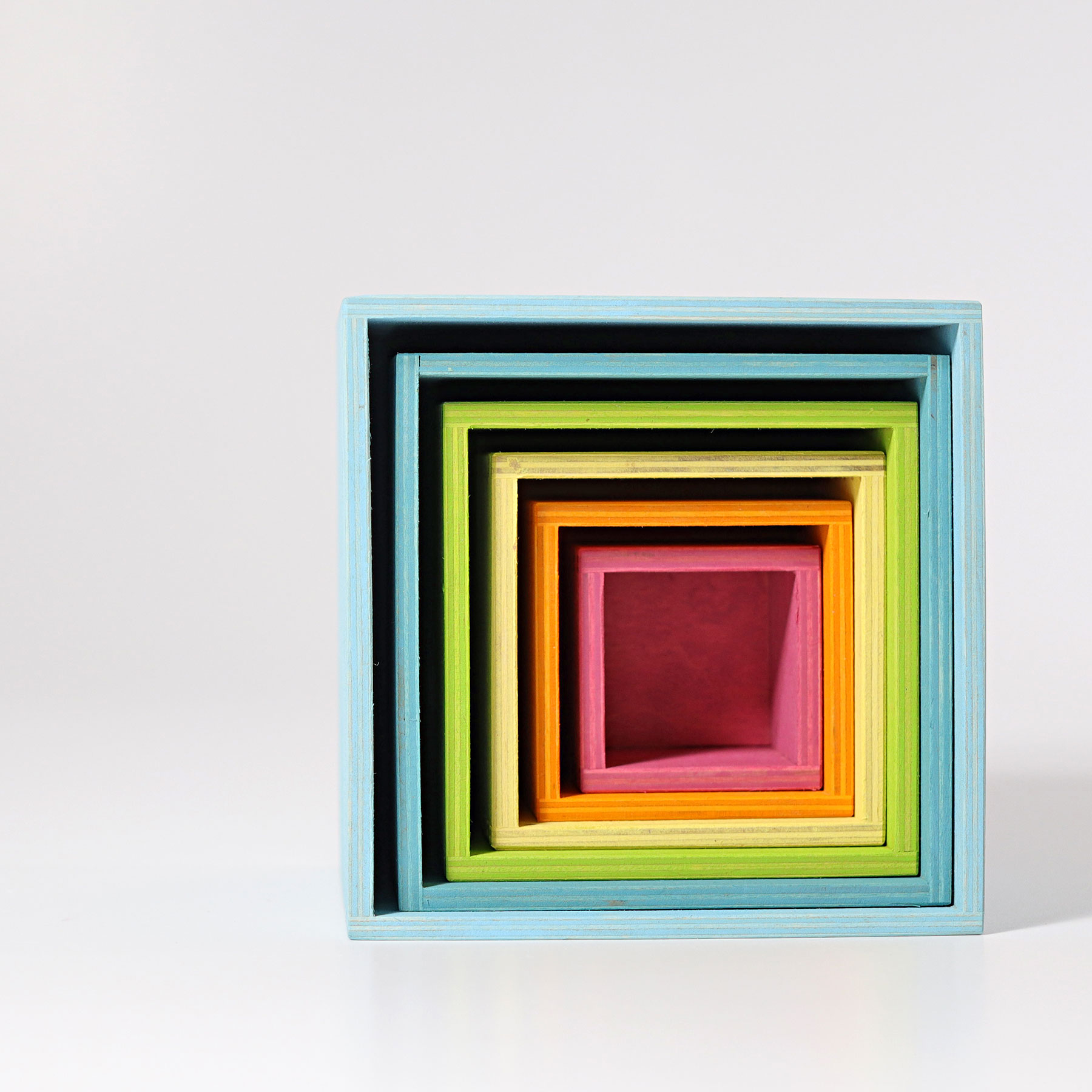 €79.95*
€79.95* -
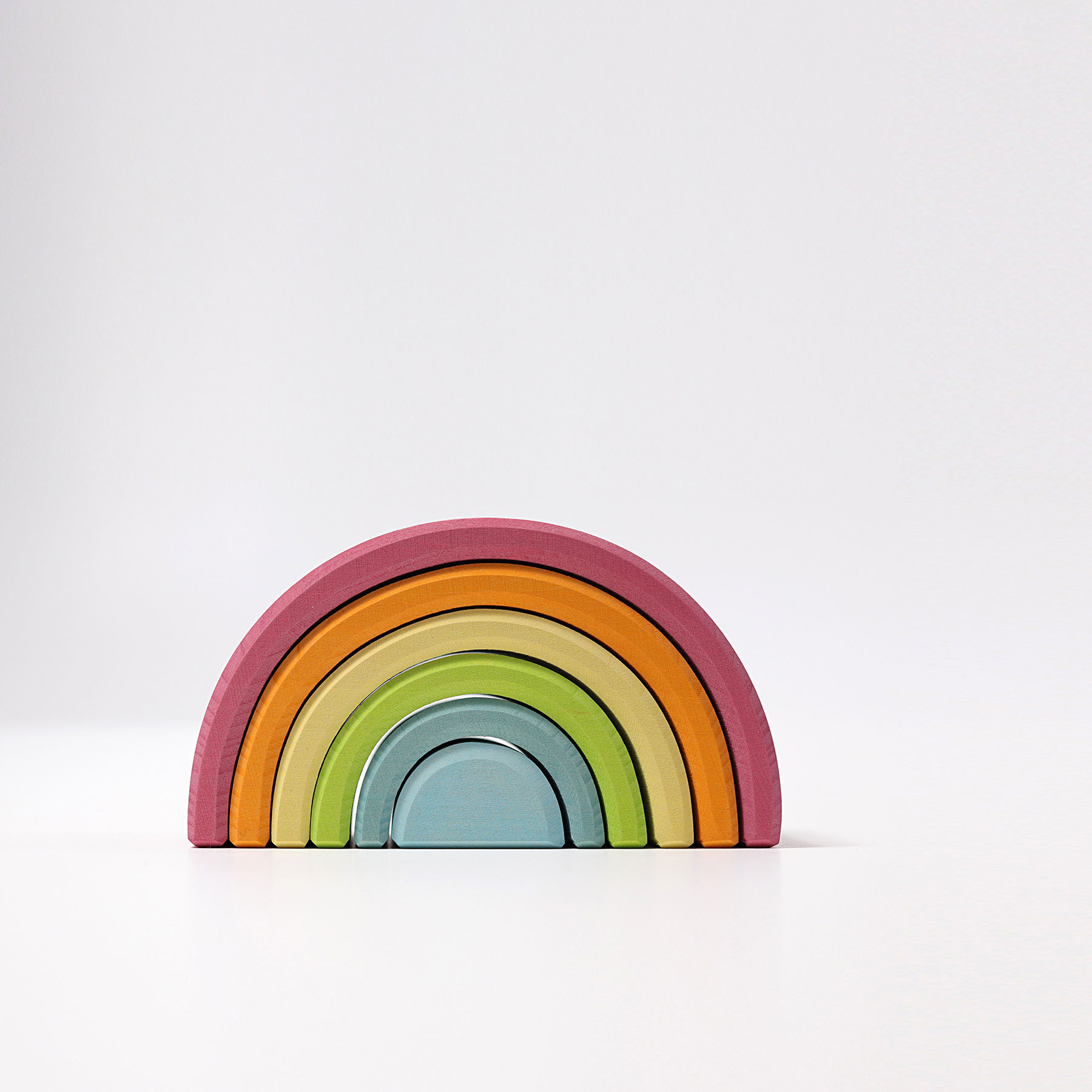 €28.90*
€28.90* -
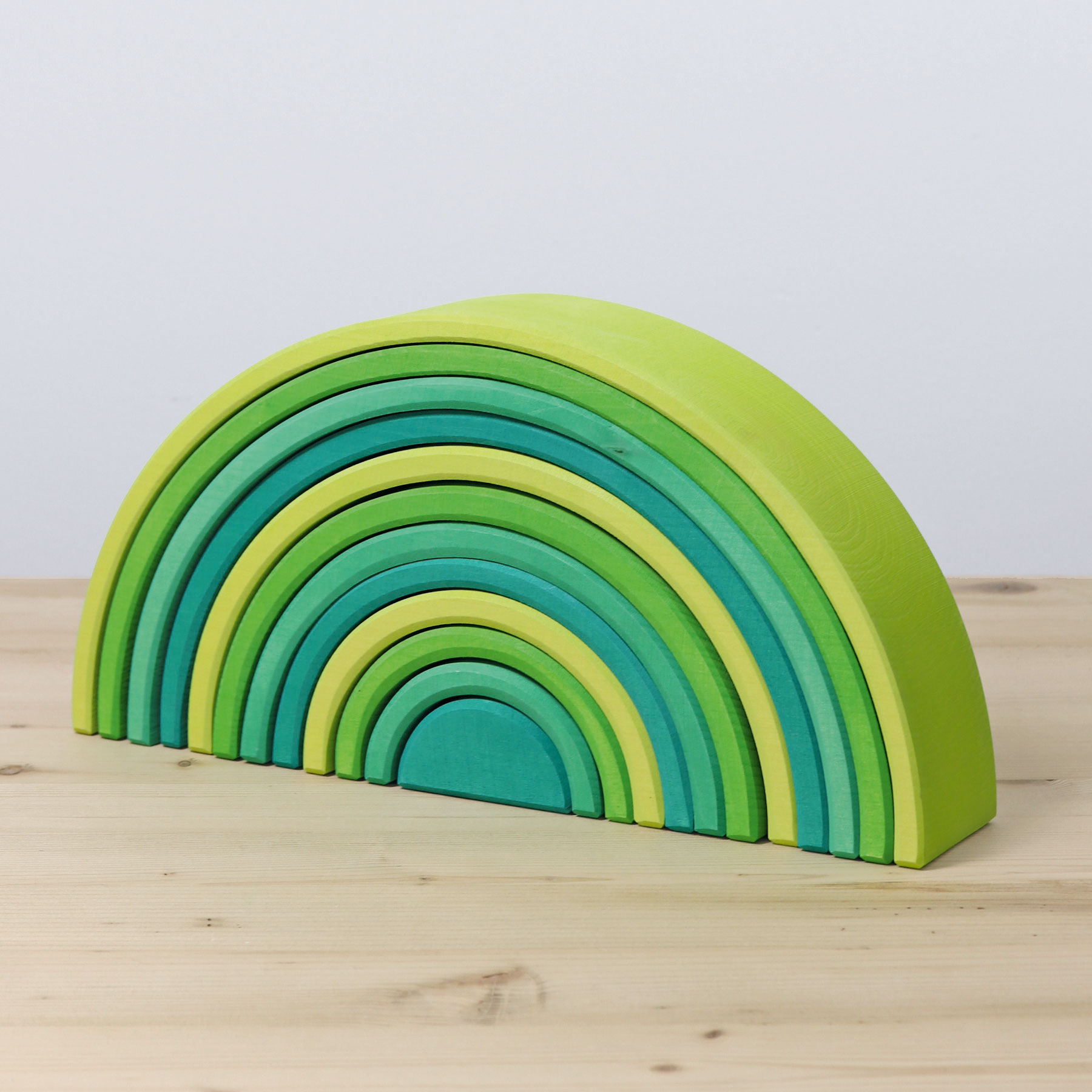 €79.95*
€79.95* -
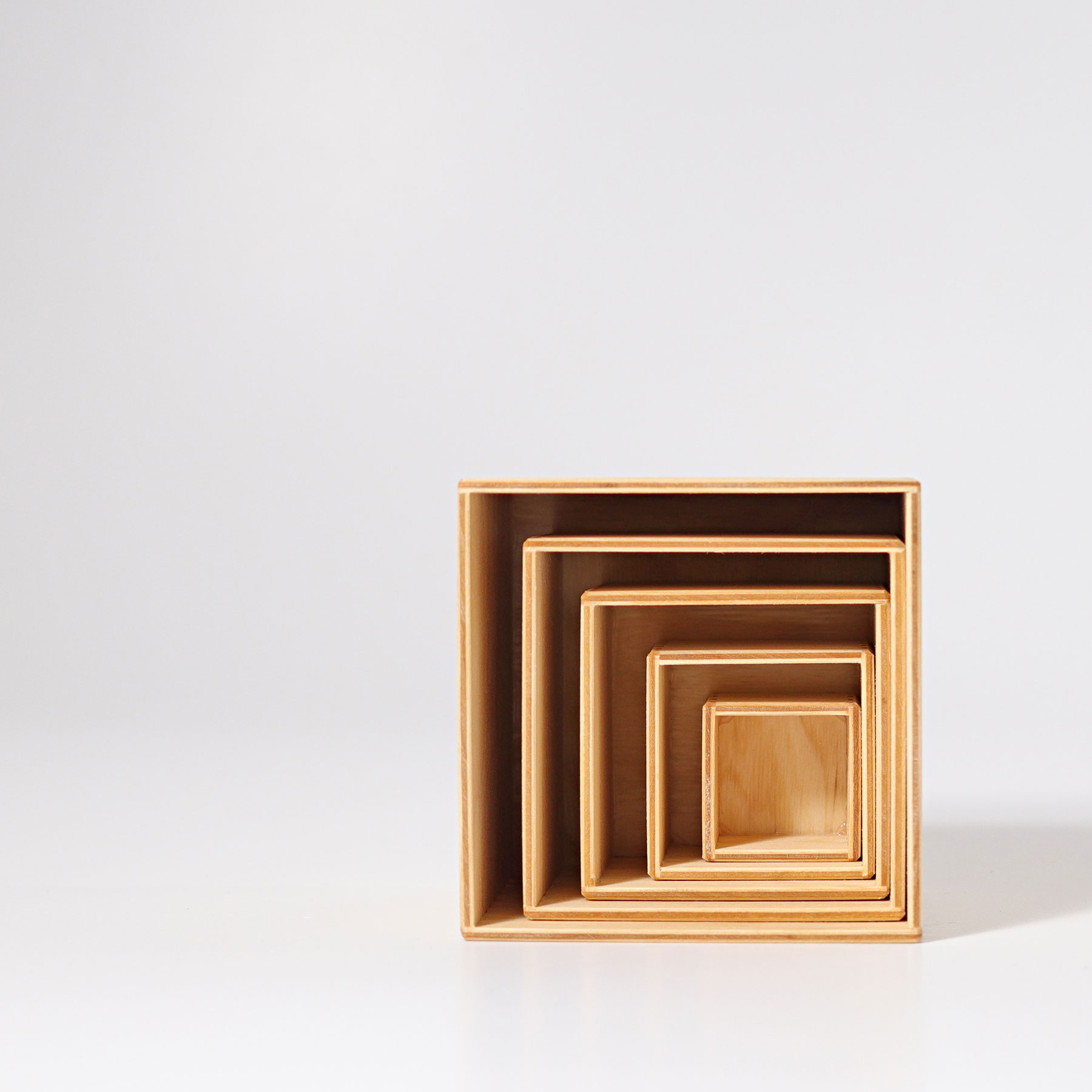 €49.95*
€49.95*
